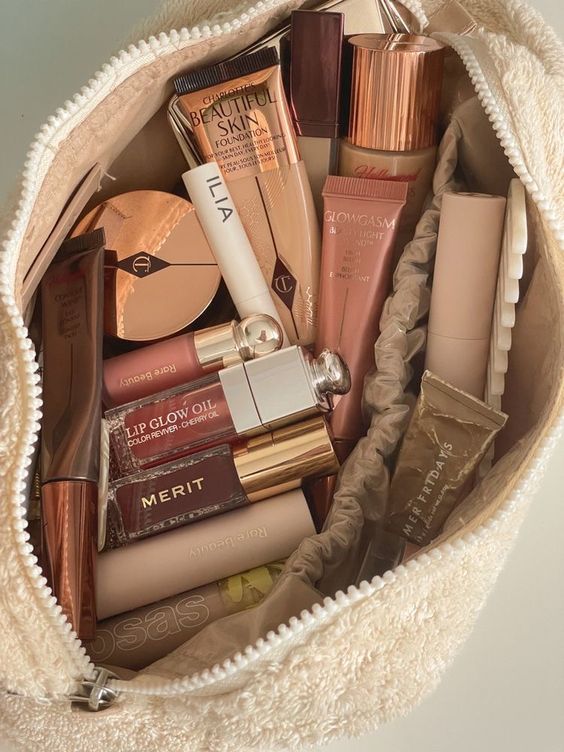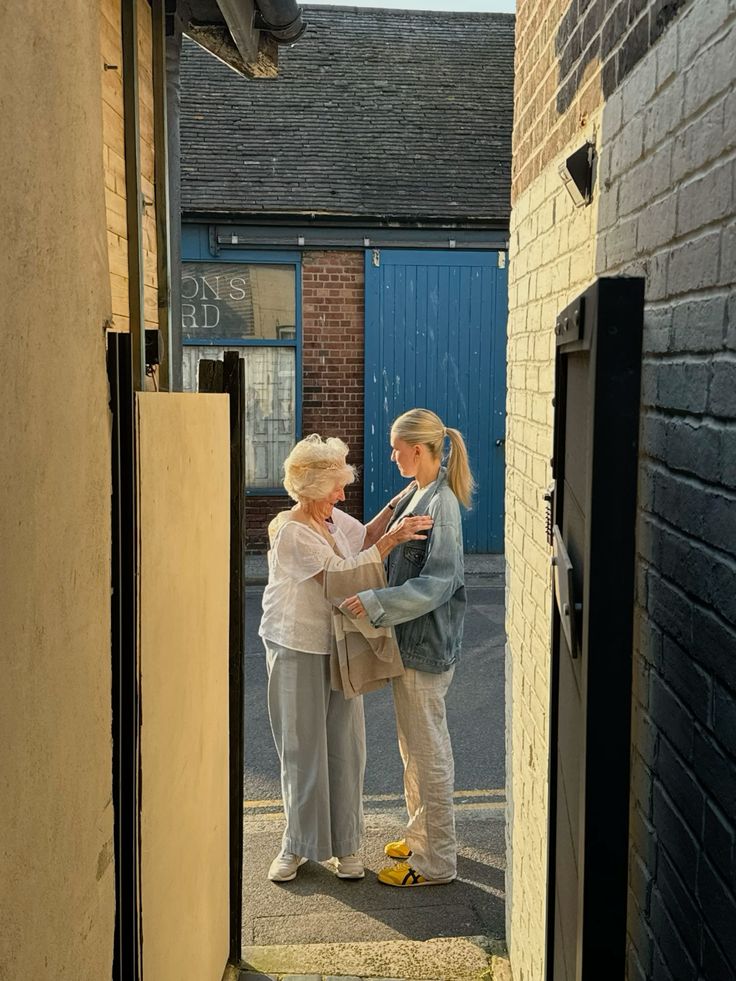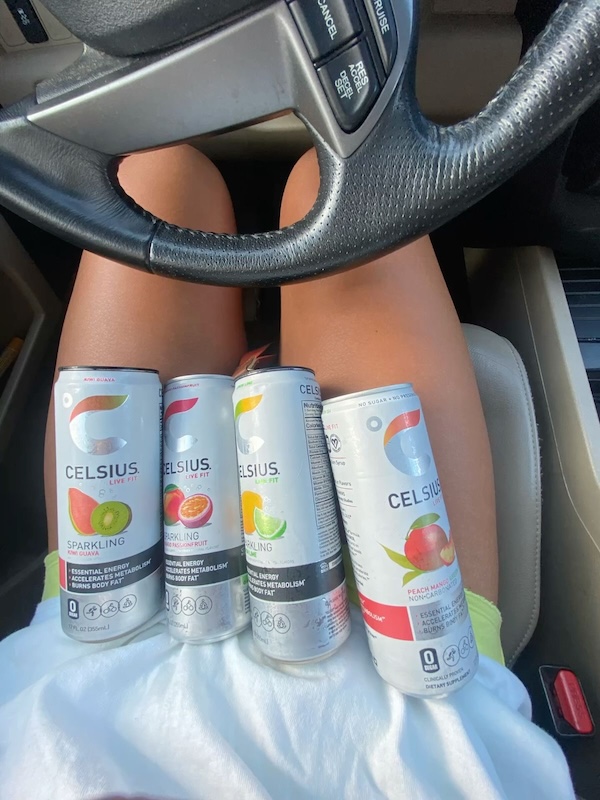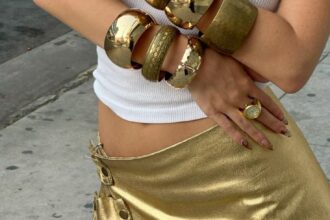Everyone loves the thrill of purchasing something new for themselves. You see something you like, something that so many say is a “must-have” and you need it in your life. It’s an amazing feeling — until you get used to owning this thing and the cycle repeats itself. Lately, you can’t scroll through social media without having a sponsored product thrown at you. Whether it be makeup, clothes, electronics or even video games, once you notice it, you really can’t escape it.
The question is, though, do you really need these things?
Influencer Marketing: How It Works
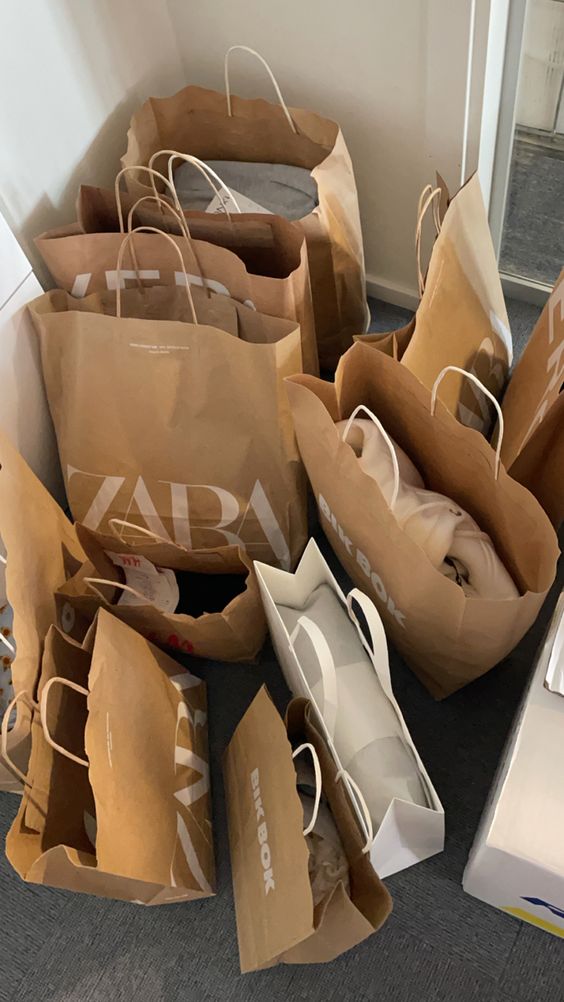
We don’t immediately notice the little “sponsored” sign under the social media posts we come across. Sometimes, the sign’s not even there. We’re constantly being sold products, even if we’re just trying to relax. But why is that?
Well … because your favorite influencers get paid to do so. It’s no secret what sponsorships mean or why influencers ask you to use a specific code when you’re checking out a product. Influencer marketing or affiliate marketing is an advertising strategy in which brands partner with individuals who have strong social media followings through paid promotion. These don’t even have to be marked as sponsored and their goal is to be the less-conspicuous social media advertisements.
While it’s natural to think that you’re not one to be influenced that easily, the advertisements that are pushed onto us don’t just die out after their first few appearances. They become trends, “must-haves,” the perfect products that work for everyone. Influencer marketing often makes us think that these products are necessities, rather than just something nice to occasionally treat yourself with.
Mikayla Nogueira, Jeffree Star and LashGate

This scandal, which has taken the internet by storm lately, is the prime example of how influencers really work. Mikayla Nogueira, 24, is one of TikTok’s biggest beauty influencers. With about 14 million followers, she was trusted and loved by the internet … until she wasn’t. It’s not often people get to say that their downfall was a mascara and some lashes. However, when Nogueira posted a TikTok of herself trying out a mascara, people pointed out that she had put on a pair of false lashes in between cuts. She immediately plummeted from grace, and people started to realize that the influencers they trusted so far weren’t really deserving of it in the first place.
This scandal prompted the response of influencer-in-hibernation Jeffree Star. While it’s somewhat of a disservice to call him just an influencer, it’s the aspect of his career that our focus is going to be on today. He was very straightforward, tagging Nogueira in the caption and talking about how he was an honest reviewer of makeup, unlike most others. Of course, the internet took to praising him immediately.

In light of this controversy, though, it’s important to ask ourselves — isn’t this just what influencers are supposed to do? Influence?
De-Influencing: You Don’t Really Need That
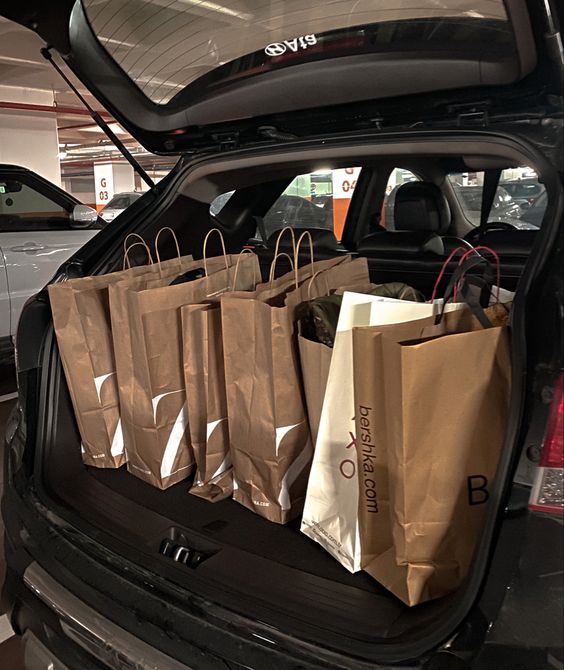
The entire situation prompted TikTok’s newest trend — de-influencing. The hashtag currently has 85.5 million views and is growing every day. The premise is to remind you, while you scroll on social media, to remember the difference between what you need and what you want.
Whether this is in the form of recommending dupes or just showing you that these products don’t work on everyone, the trend is a surprising step back from the app’s usual pattern. TikTok has made us think that we’re missing out if we don’t hop in on the newest makeup trend. You don’t need to wear a new outfit every day, you don’t need to spend that much on a new pair of headphones and you don’t need to have a ten-step skincare routine.
Reminders like these are important when social media’s portrayal of consumption habits is the way it is. You are where you need to be and the things you want may not always be the things you need.
Have you felt that you are a victim of false advertising? Tell us your take on Twitter @VALLEYmag

